We all know how hectic life can be. Sometimes we just need to take a step back, relax, and recharge. A nice cup of tea can be the perfect way to do just that. But with so many different types and flavours of tea, it can be hard to know where to begin. Here are a few calming, relaxing tea options to help you find your perfect cup.
Chamomile Tea
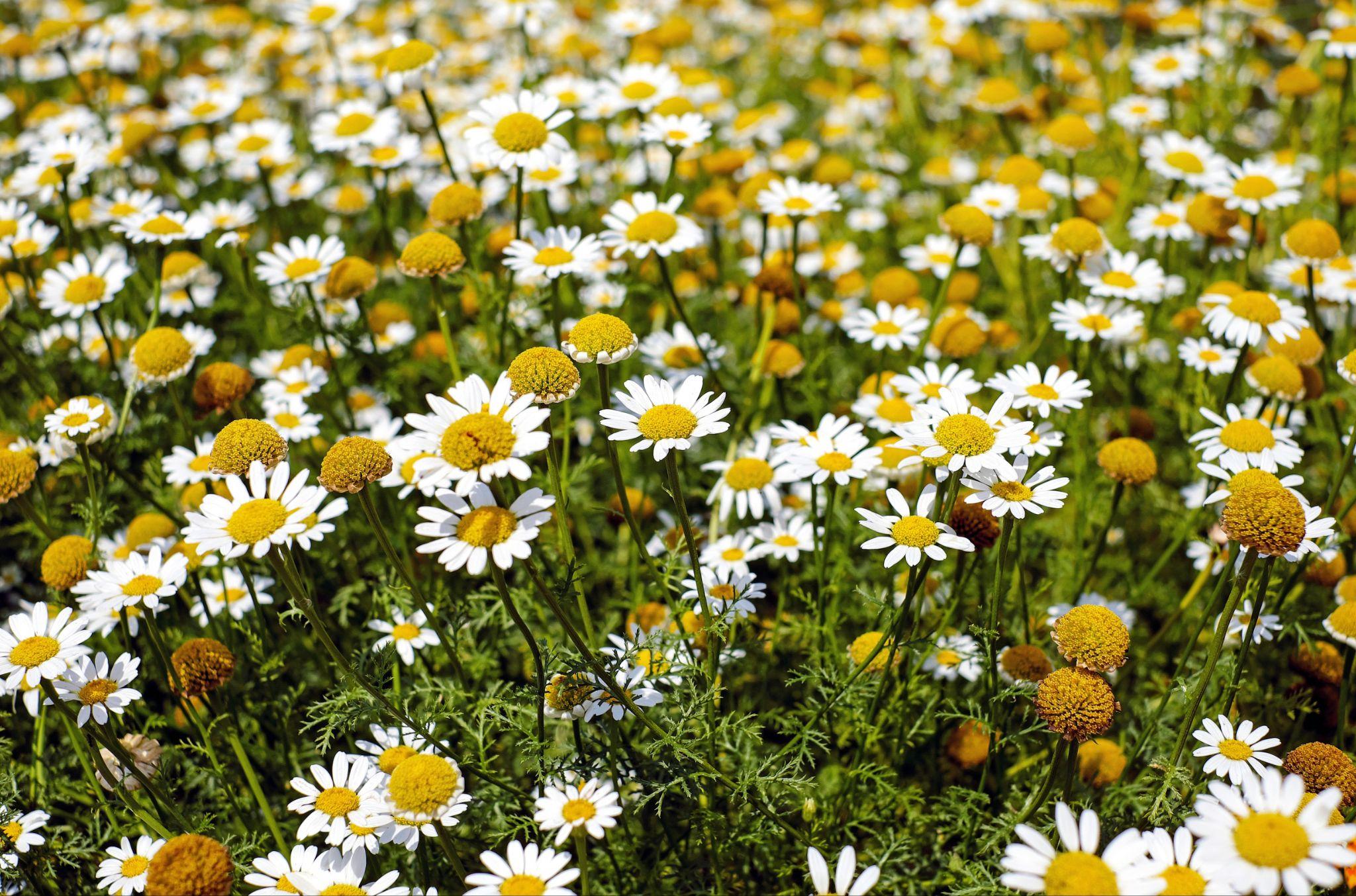
Chamomile is one of the most popular types of calming tea. It is a flowering plant that belongs to the daisy family. It’s native to Europe and Asia but also grown in North America. This flower has been used for centuries to help with anxiety, insomnia, and digestive problems. Chamomile works by helping to relax the muscles and nervous system.
This flower is a classic when it comes to relaxation. This herbal tea blend is known for reducing stress and promoting sleep. Chamomile may be a perfect choice if you’re having trouble winding down at night.
Lavender Tea
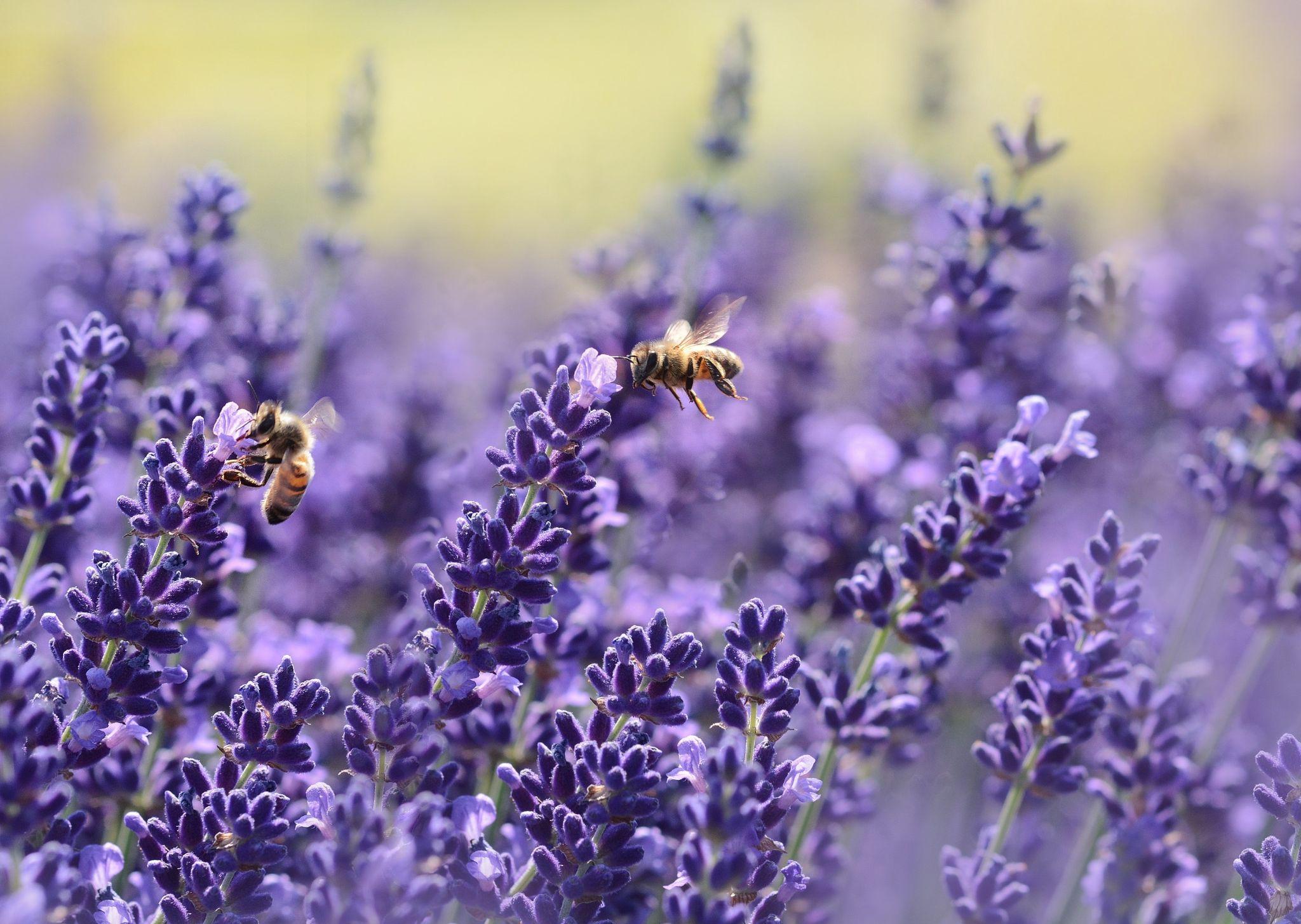
Lavender is another popular herb for making calming teas. It is a flowering plant that’s part of the mint family. It’s native to the Mediterranean region and grown in other parts of the world. Lavender tea has been shown to be effective in reducing anxiety and promoting sleep. #
This floral tea can help to soothe the nerves and ease anxiety. Drinking lavender tea is a great option if you’re looking for tea to help you relax and unwind.
Passionflower Tea
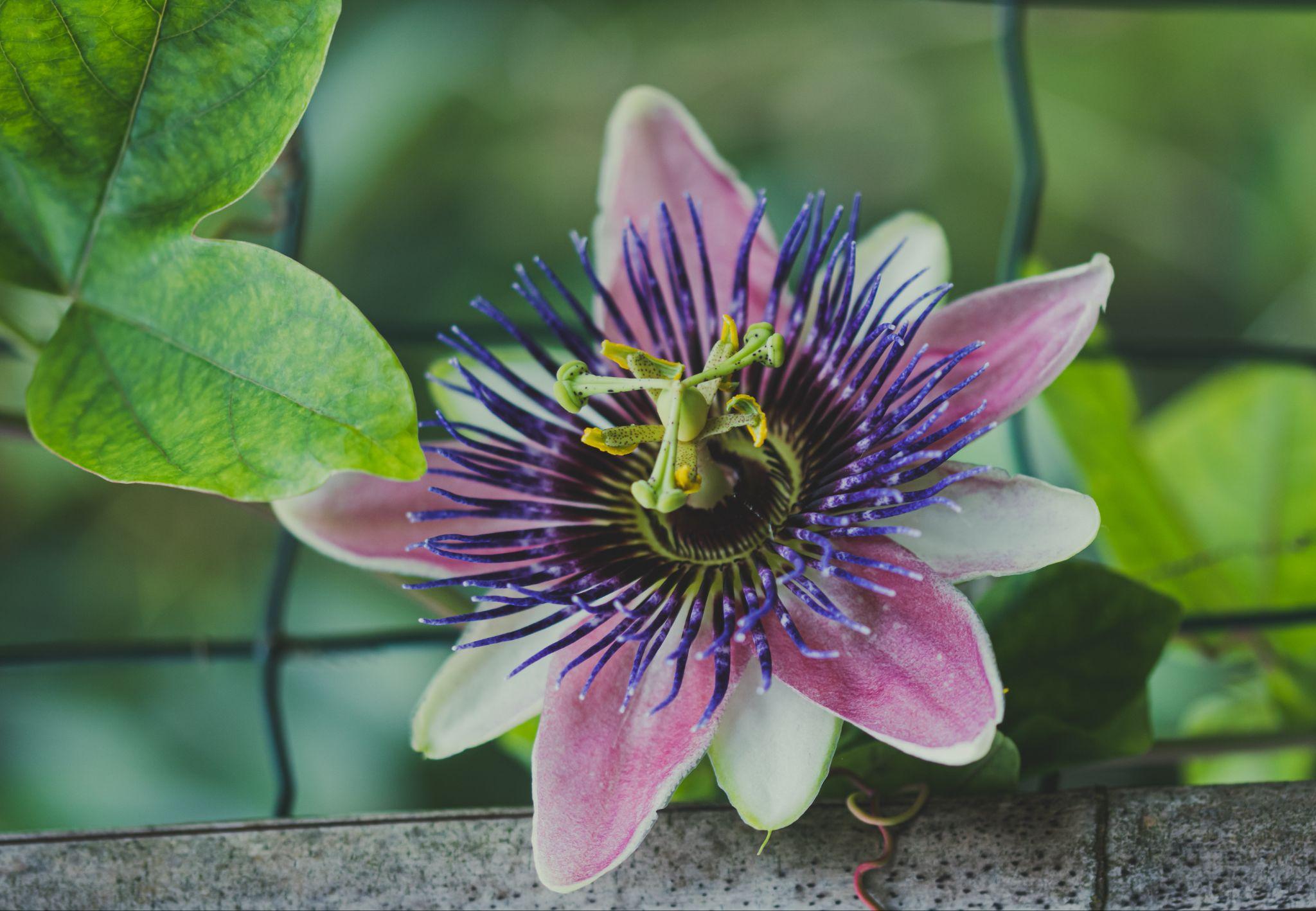
Passionflower is a herb used for centuries to treat anxiety and insomnia. Originally from South America, passionflower is now grown in many parts of the world. These herbal teas are perfect for those looking to reduce stress and promote sleep. Passionflower tea can be a great way to relax before bedtime.
Rose Tea
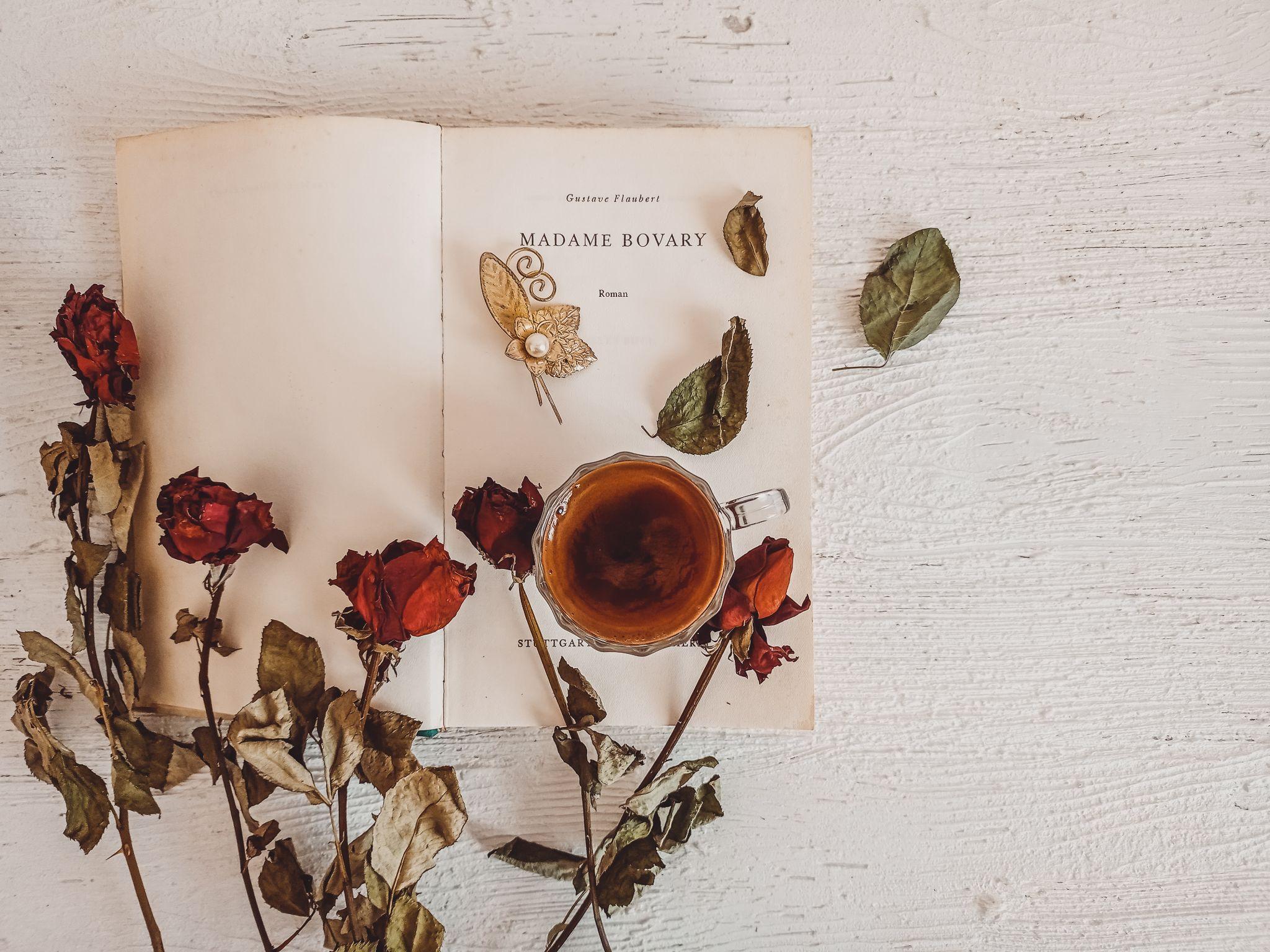
Rose tea is a delicious and fragrant option that can help promote relaxation. It’s found in various cultures and has been used for centuries for its medicinal properties. This tea is full of antioxidants and has anti-inflammatory properties. It’s also believed to help reduce stress and anxiety.
Valerian root tea
Valerian root is native to Europe and Asia but is also grown in North America. This root has a long history of being used as a natural remedy for insomnia and anxiety. Valerian root tea can have a sedative effect, making it a good choice if you’re looking for a tea to help you relax and drift off to sleep. Valerian tea has a slightly sweet taste with a hint of bitterness.
Lemon balm
Lemon balm is another popular tea for its calming and relaxing effects, and it’s often used to make calming teas. It is a member of the mint family and native to Europe. This tea has a citrusy, lemony flavour with a hint of sweetness. Lemon balm tea is thought to help reduce stress and anxiety and promote sleep.
What is the most relaxing tea?
There is no one “most relaxing” tea, as different people will have different preferences. Some popular calming teas include chamomile, lavender, passionflower, and rose. If you’re unsure where to start, try sampling a few different types to see which one you like best. Teas without caffeine are generally more relaxing, but decaffeinated options are available if you prefer.
Do calming teas actually work?
Yes, calming teas can work. Not everyone feels the same effects from every type of tea, but many people find that these teas can help to reduce stress and help with relaxation. Calming teas may be worth a try if you’re looking for a natural way to ease anxiety or improve sleep.
How do calming teas work?
Calming teas work in various ways. Some contain herbs that have sedative effects, while others contain ingredients that help to relax the body and mind. Many people find drinking a cup of tea is also a calming ritual, providing a moment of peace and relaxation in a busy day. What’s more, the warmth of the tea can be comforting and help to ease tension in the body.
How can I calm my anxiety?
There are many ways to calm anxiety, and what works for one person may not work for another. However, some calming techniques for generalized anxiety disorder that may help include:
- Taking slow, deep breaths
- Practice mindfulness or yoga
- Drinking a cup of herbal tea
- Getting regular exercise
- Avoiding caffeine
- Connecting with friends or family
- Trying relaxation techniques such as progressive muscle relaxation or guided imagery
If you’re struggling with generalized anxiety disorder, it’s important to speak to a mental health professional who can help you identify healthy coping strategies.
How many cups of chamomile tea should I drink for anxiety?
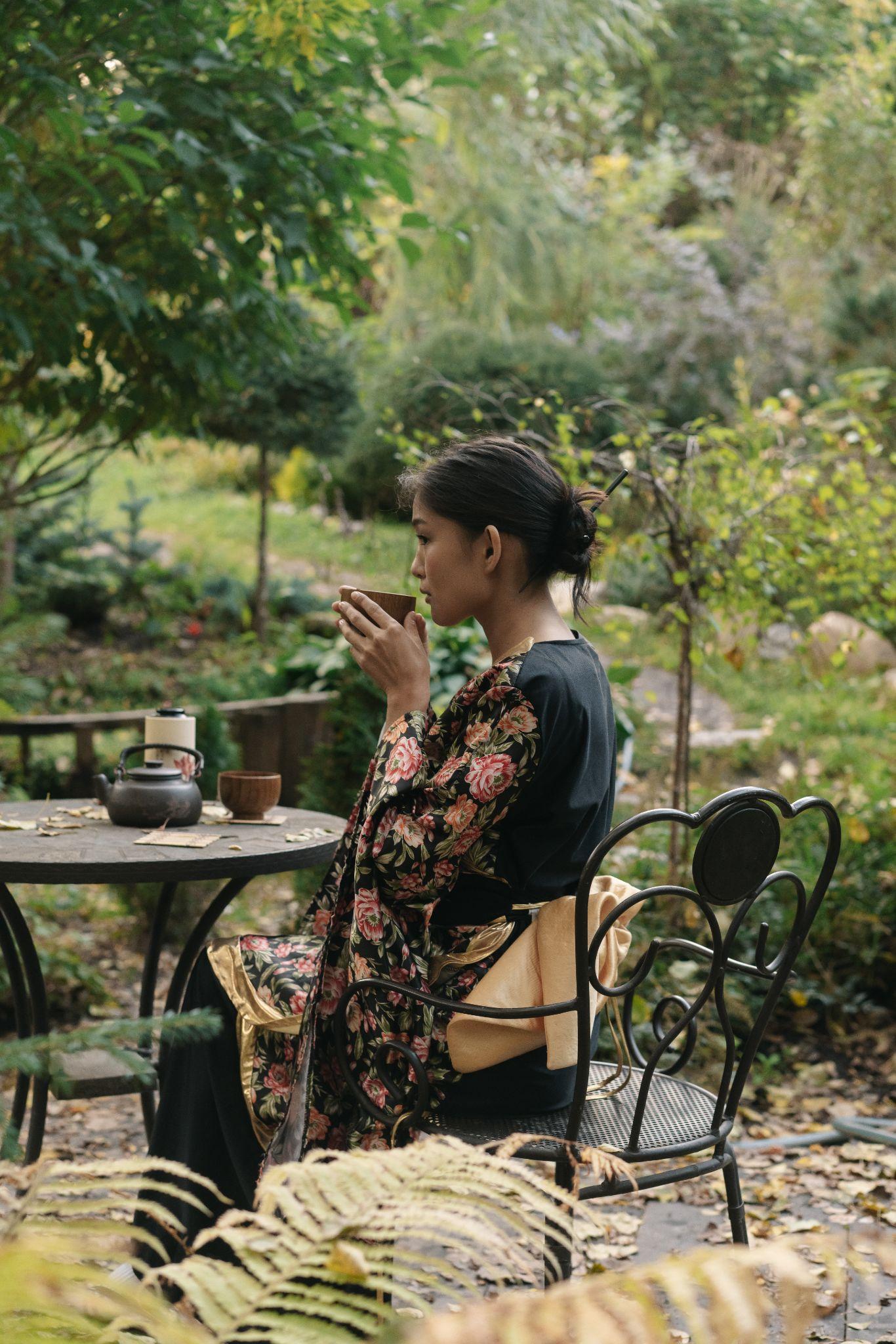
There is no one-size-fits-all answer to this question, as everyone may react differently to chamomile. Some people find that drinking one or two cups daily can help reduce anxiety, while others may need more or less depending on their individual response. If you’re thinking of trying chamomile for anxiety, it’s best to speak to a healthcare professional to get personalized advice.
What are the side effects of chamomile tea?
Chamomile is generally safe for most people, but there are a few potential side effects to be aware of. These include:
- Allergic reactions: Some people may be allergic to chamomile and may experience hives, itching, or swelling symptoms.
- Digestive issues: Chamomile tea can cause gas or bloat in some people.
- Interactions with medications: Chamomile may interact with certain medications, such as anticoagulants, blood pressure medications, and diabetes medications. If you’re taking any medication, you must speak to a healthcare professional before trying something new in your diet.
Is honey good for anxiety?
Honey has been traditionally used as a soothing and calming agent. Some research suggests that honey may be beneficial for anxiety, but more studies are needed to confirm these effects. If you’re looking for ways to reduce anxiety, there are many other options, such as relaxation techniques or speaking to a mental health professional.
What tea helps calm anxiety?
A common option is chamomile tea, which contains natural compounds that can help relax the body and mind. Other anxiety relief teas often recommended include green tea, passionflower tea, and lavender tea. When brewed correctly, these teas can effectively promote a sense of calmness and relaxation, and help with stress relief.
When choosing tea blends to help with relaxation, it is important to select a high-quality product. This means looking for organic teas free of additives or artificial flavouring. It is also important to brew the tea properly, as this can significantly affect its overall effectiveness. Finally, be sure to listen to your body and only drink as much tea as is comfortable, as too much can sometimes have the opposite effect. For more information on herbs and health, have a look at The National Center for Complementary and integrative health website.
Who should not drink chamomile tea?
People with allergies to plants in the aster family, such as ragweed, chrysanthemums, marigolds, and daisies, may also be allergic to chamomile. Chamomile teas can cause an allergic reaction, including symptoms such as hives, itching, swelling of the lips, throat or tongue, difficulty breathing, and wheezing. If you experience these symptoms after drinking chamomile tea, it’s important to seek medical attention immediately.
Which herbal tea is good for mental health?
Drinking fluids is important for mental and physical health, and warm teas offer hydration and relaxation. Some of the best herbal teas for mental health include chamomile, lavender, green tea, lemon balm, and passionflower teas. These teas have soothing properties that can help ease anxiety and stress while promoting a sense of calmness and well-being.
Do calming teas work?
Yes, calming teas work by helping to relax the body and mind. Various herbs can be used to make calming teas, such as chamomile, lavender, and lemon balm. These herbs have shown to be effective in reducing anxiety and promoting sleep. Drinking calming tea may be a good option if you’re looking for a way to naturally reduce stress and promote relaxation.
Does green tea relax you?
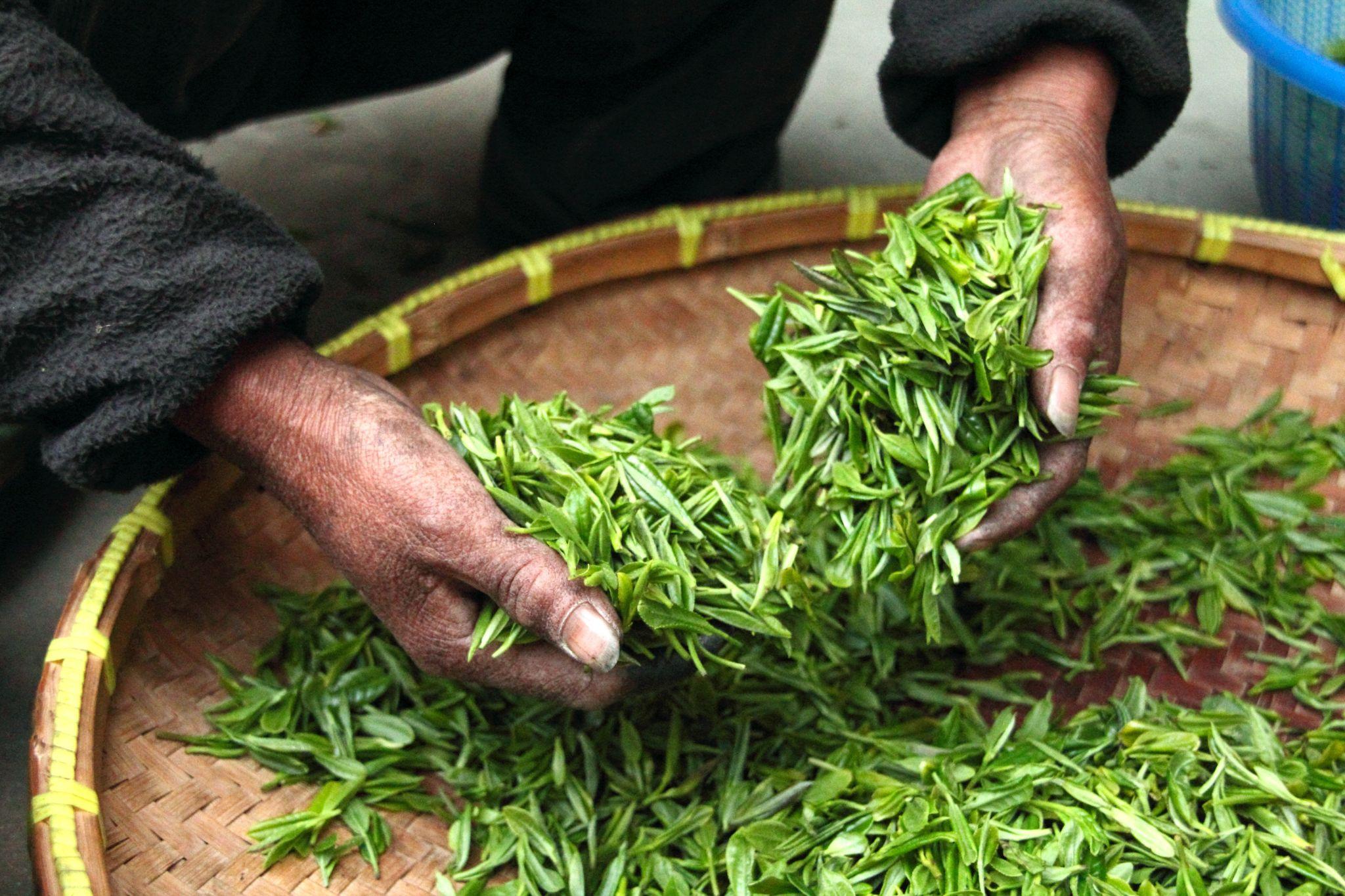
No, green tea does not relax you. It contains caffeine, which is a stimulant. Therefore, this tea may make you more alert and less relaxed. If you’re looking for a calming tea, you should choose a herbal tea that does not contain caffeine. This tea is best for people looking for a mental boost and increased alertness.
What tea makes you relaxed and sleepy?
There are a variety of herbal teas that can make you feel relaxed and sleepy. Some of the most popular calming teas include chamomile. Chamomile works by helping to relax the muscles and calm the nervous system. It calms the nervous system by inhibiting the release of neurotransmitters that can cause anxiety and stress. This tea can be enjoyed before bedtime to help you get a good night’s sleep.
What tea has melatonin?
There are a few teas that naturally contain melatonin. Melatonin is a hormone that helps to regulate the body’s sleep-wake cycle. Teas that contain melatonin can help promote sleep. Not many teas contain melatonin, but calming teas like chamomile allow your body to relax and naturally produce melatonin at the right time to help you sleep better.
Does tea have calming effects?
Yes, tea has effects that are calming. This is likely because tea leaves contain an amino acid called L-theanine. L-theanine has been shown to produce calming effects in the brain by promoting alpha brainwave activity. This can lead to a feeling of relaxation without drowsiness. Even the act of drinking a calming tea and holding a warm cup in your hands can have a calming effect.
How can I fall asleep instantly?
Falling asleep instantly can be hard. You may be tossing and turning, trying different positions, and racing thoughts. If you’re struggling to sleep, there are some things you can try.
There are a few key things to keep in mind when trying to improve sleep quality. First, it’s important to relax your whole body and clear your mind before bed. This can be done by taking a warm bath or shower, reading a book, or meditating. Second, it’s important to create a dark and quiet environment in your bedroom so that your mind and body can relax. Finally, avoiding caffeine and alcohol before bedtime is important as it can make sleep harder.
So if you choose to have tea, make sure it’s caffeine free. Waking up early can also help you feel sleepier in the evenings and give you more time to wind down before bed.
How long does it take for chamomile tea to make you sleepy?
This varies from person to person and doesn’t work for everyone. Still, many find drinking this tea before bed can help them relax and improve their sleep quality. It typically takes around 30 minutes for the effects of chamomile to kick in. So if you’re struggling with poor sleep quality, it’s worth trying!
What happens if you drink green tea before bed?
Green tea contains caffeine, which can make it harder to fall asleep. So if you’re struggling to sleep, it’s best to avoid this tea before bed. However, it also contains theanine, an amino acid with relaxing and calming effects. So while this tea may not be the best option for falling asleep quickly, it can still be helpful for relaxation.
Does green tea reduce anxiety?
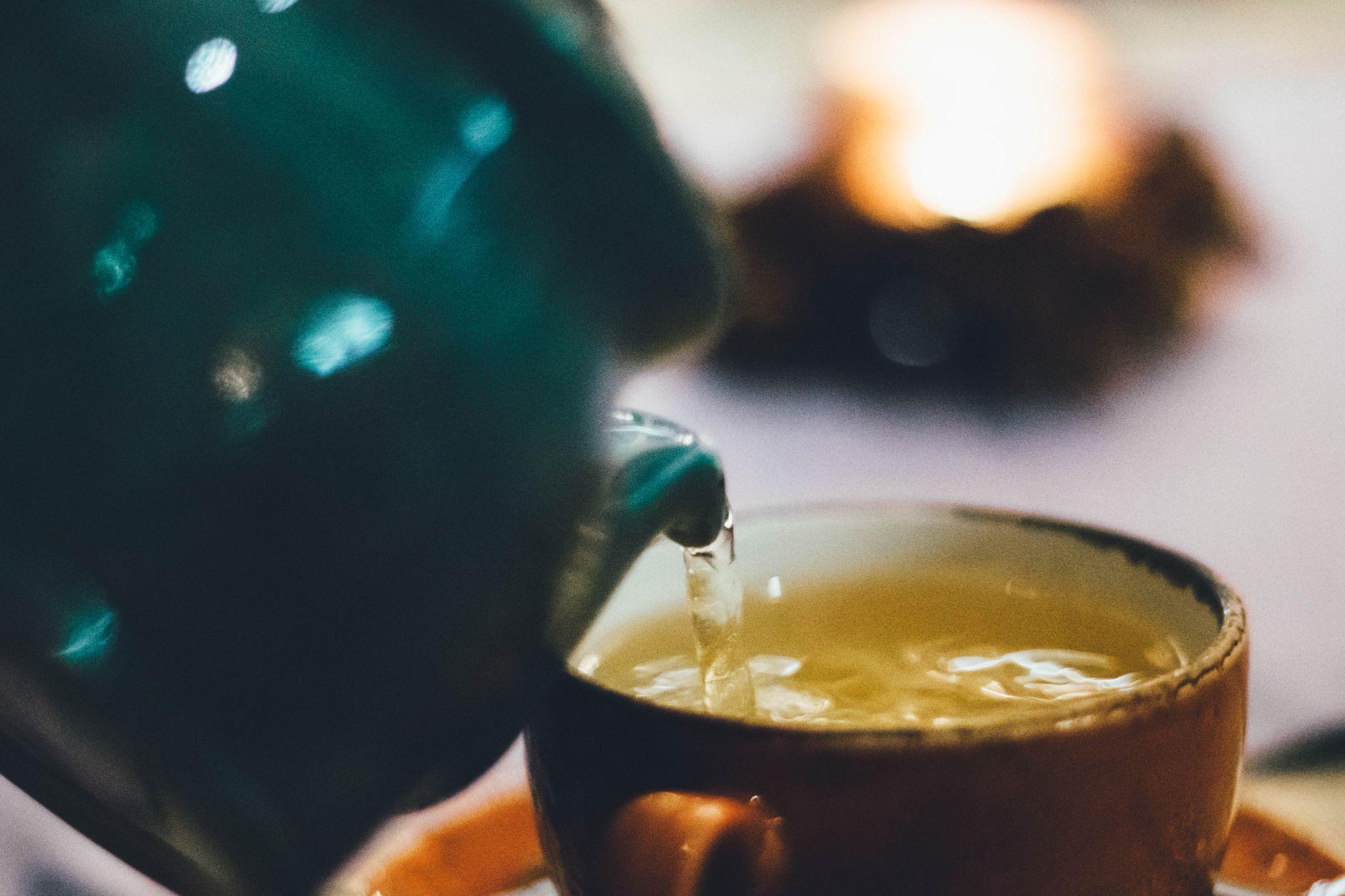
Studies show that green tea can have some calming effects, although more research is needed. Still, drinking tea and regularly taking in liquids can positively affect your overall well-being. Plus, green tea contains antioxidants that can help protect your body from free radicals. So if you’re looking for a way to relax and reduce anxiety, drinking green tea could be beneficial.
Why does holding a cup of tea feel good?
There’s something undeniably comforting about holding a cup of tea. Maybe it’s the warmth in your hands or the steam wafting up to your face. Or maybe it’s because taking a few moments to enjoy a cup of tea can help you feel calmer and more relaxed.
The science behind holding warm tea
There’s actually science to back up why holding a cup of tea feels good. When you hold something warm, your body temperature rises slightly, and blood flow increases to your hands. This can help to soothe and relax you.
How to create a relaxing environment:
Here are 5 simple things you can do to create a relaxing environment:
- De-clutter your space. A tidy, clean space will help you feel calmer and more relaxed. So take some time to declutter your home or office.
- Add some plants. Plants can help purify the air and have a calming effect. So add a few plants to your space to help you relax.
- Diffuse essential oils. Essential oils can have a calming and relaxing effect on the mind and body. So diffusing some essential oils in your space can help create a relaxing environment.
- Play some soft music. Soft, calming music can help to relax the mind and body. So put on some soft music to help you relax.
- Use candles. Candles can help create a calming and relaxing atmosphere. So light a few candles when you want to relax.
There are many things you can do to create a relaxing environment. You might consider lighting some candles, playing soft music, or diffusing essential oil. You might also want to ensure that your space is clean and clutter-free. Creating a calming atmosphere will help you relax and de-stress.
When it comes to choosing the right tea to relax with, there are many options available. Some of the most popular choices include chamomile, lavender, and valerian root. These teas have calming and relaxing properties, as well as health benefits that help you wind down after a long day and give you some stress relief.
If you’re looking for something a little bit different, you might also want to try kava kava or passionflower tea. Make sure to take the time to enjoy whatever tea you choose. Relaxing with a cup of tea is the perfect way to de-stress and unwind.
What else can I do to relax?
There are many things you can do to relax. Here are a few ideas:
Get a massage
Massages can help to relax the mind and body, as well as reduce stress. If you’re looking for a way to relax and ease some tension, consider getting a massage. You can also get your own massage machines or massage chairs to use at home.
Take a bath
Taking a warm bath can help to relax the body and mind. Add soothing aromatherapy or a few drops of lavender oil to your bathtub to help you relax even more.
Practice yoga or meditation
Yoga and meditation are both great ways to relax and de-stress. There are many different types of yoga and meditation, so find one that works best for you.
Listen to calming music
Listening to calming music can help to relax the mind and body. There are various genres of calm music, so find one that you enjoy listening to.
What sweeteners can I add to tea?
There are many different types of sweeteners that you can add to tea. Some of the most popular choices include honey, sugar, and stevia. You can also use fruit juice or syrup to sweeten your tea. If you’re looking for a low-calorie option, you might want to try using a sugar substitute. Whatever sweetener you choose, add it slowly and taste test along the way to ensure that you don’t add too much.
What are some of the best ways to enjoy herbal teas?

There are many different ways to enjoy tea. You can drink it hot or cold, with or without sweeteners. You can also add fruits, herbs, or spices to flavour your tea. If you’re looking for a relaxing experience, try drinking your tea in a calm and quiet environment. Make sure to take the time to savour the taste and aroma of your tea. Enjoying tea is all about taking the time to sit down and calm your body.
You can also enjoy teas in the summer by making your own iced tea. You can do this by steeping your tea in a pitcher of water overnight and then adding ice the next day. Or, you can put a jug or jar of tea in the freezer for half an hour. Add lemon or mint to your iced tea for a refreshing summer drink.
There are many different ways to relax and enjoy tea. Find what works best for you, and take the time to savour the experience.
There are endless options when it comes to finding the perfect calming tea. These are just a few of the many options out there. If you’re looking for a way to lessen some stress and anxiety or promote sleep, give one of these teas a try. Tea can be such a personal preference, so experiment with different types and find the one that works best for you!
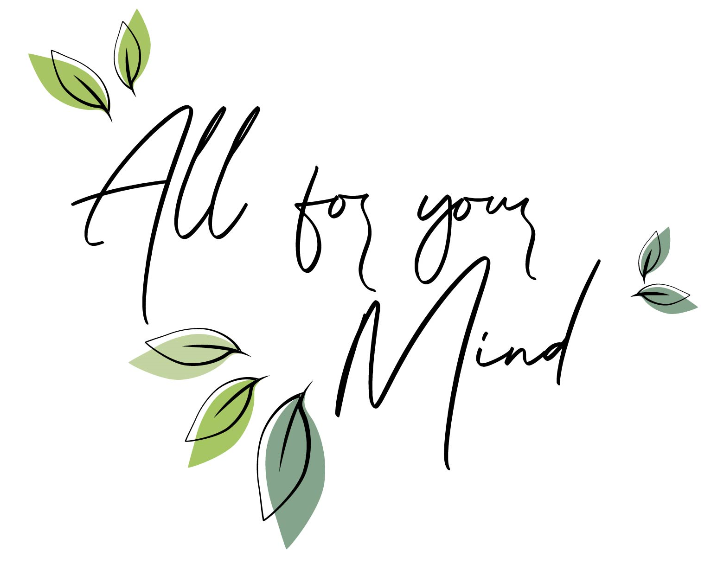
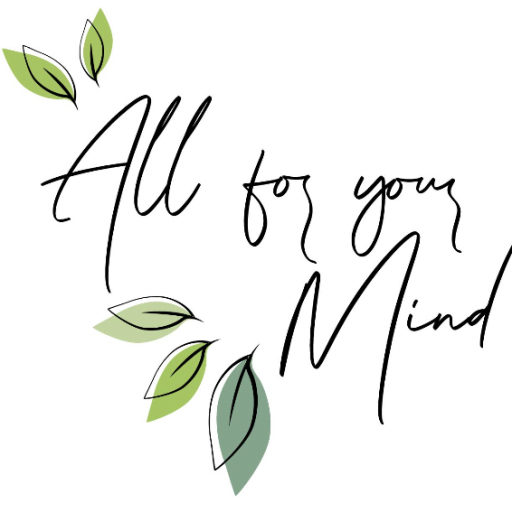

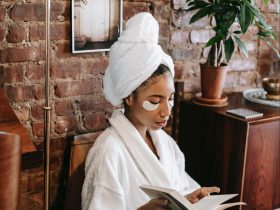
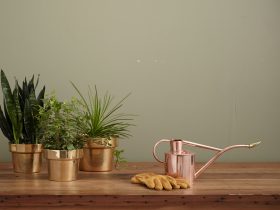

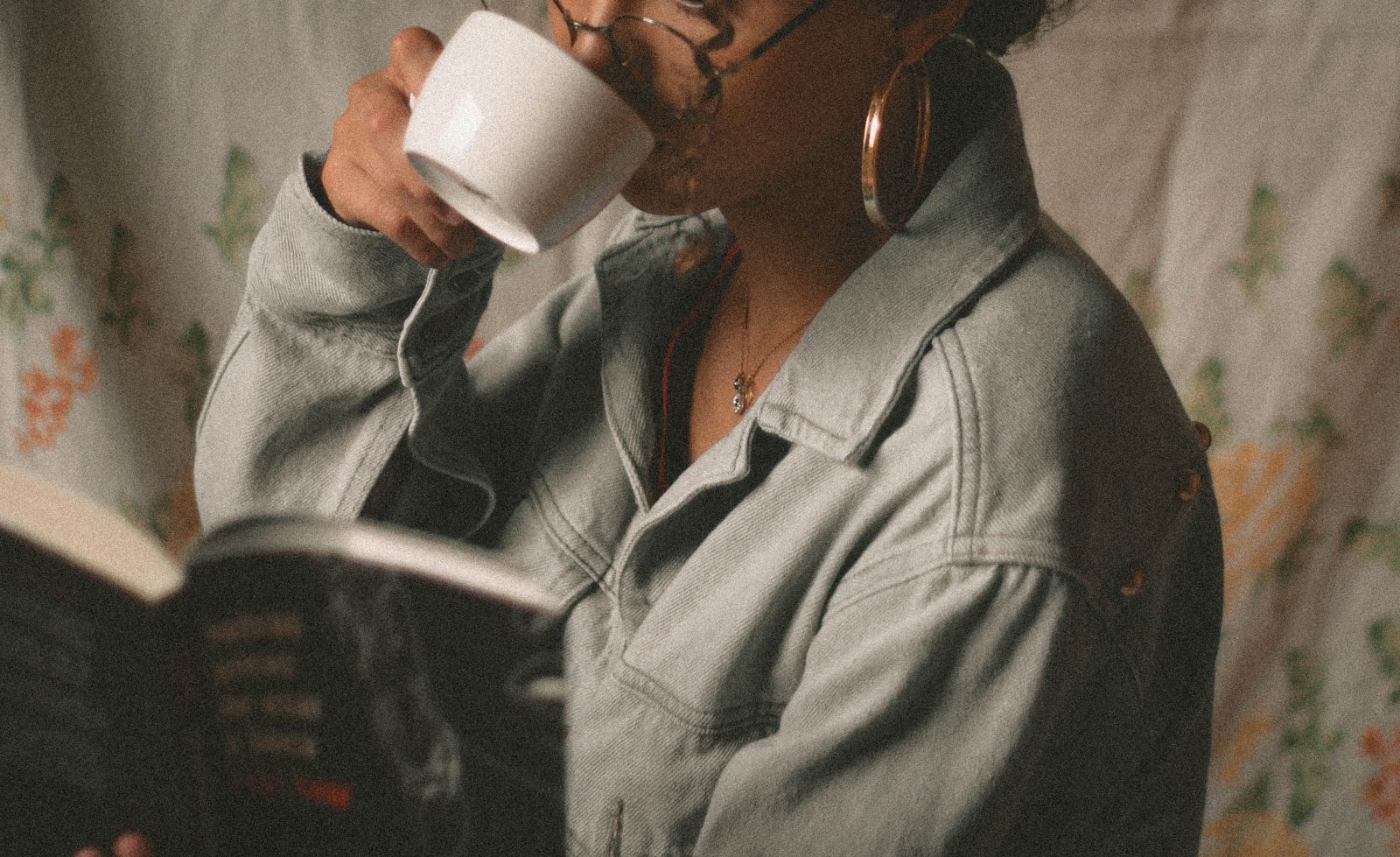




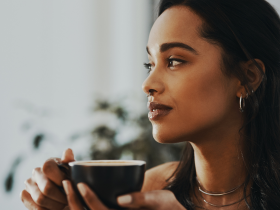
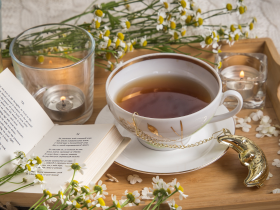



79 Comments